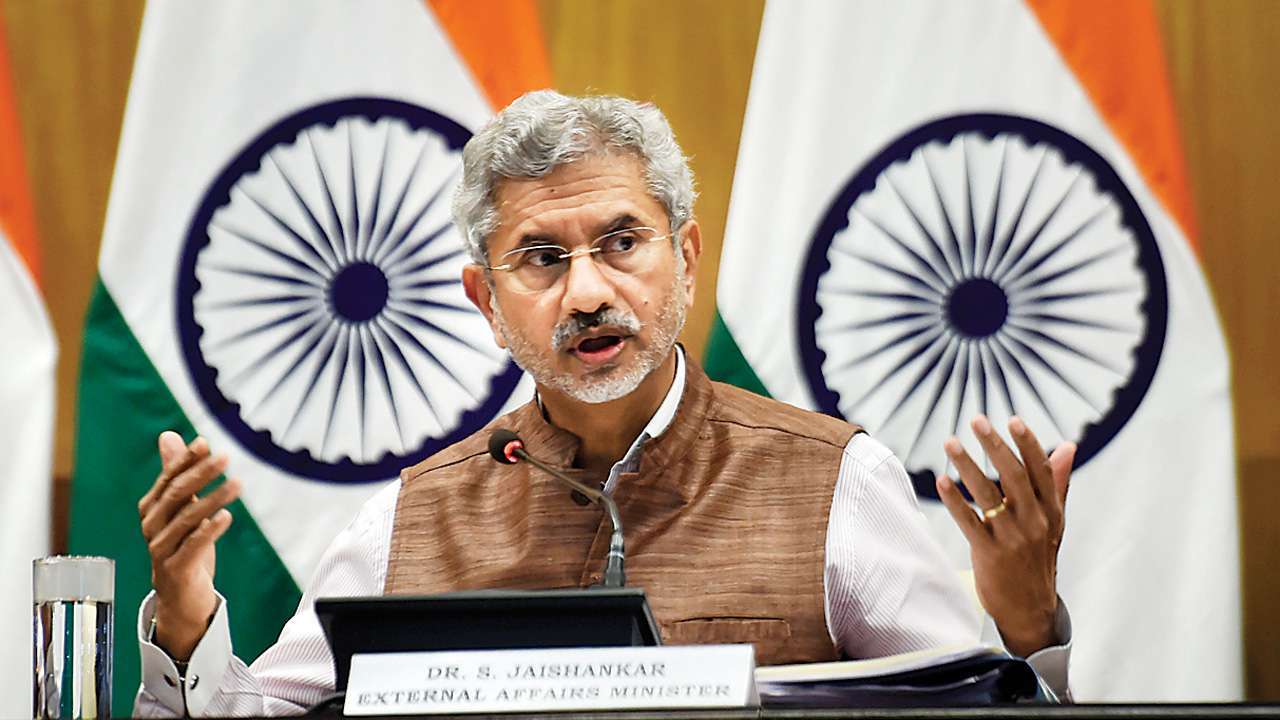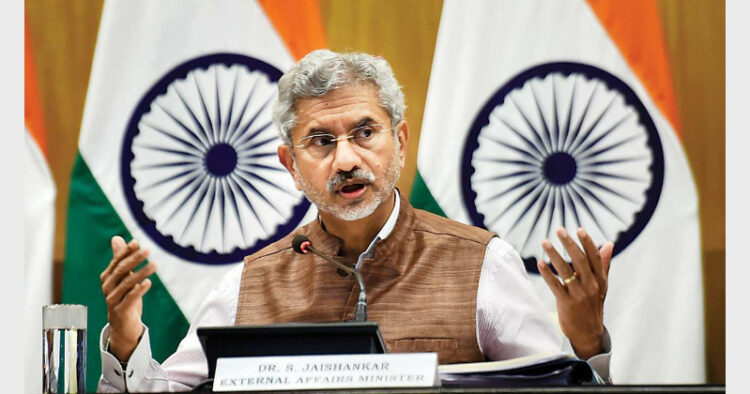
New Delhi: External Affairs Minister Dr S Jaishankar on Thursday, Jan 28, said the Galwan conflict of June 2020 has ‘disturbed’ Sino-India ties and went onto say that Beijing is yet to give a “credible explanation” of their building of troops and showing “disregard” for past commitments.
” …. to date, we have yet to receive a credible explanation for the change in China’s stance or reasons for the massing of troops in the border areas. It is a different matter that our own forces have responded appropriately,” Dr Jaishankar said addressing the 13th All India Conference on China Studies.
The Minister pointed out that the events in Eastern Ladakh last year have so profoundly disturbed the relationship. “Because they not only signalled a disregard for commitments about minimizing troop levels but also showed a willingness to breach peace and tranquillity,” Dr Jaishankar said. “I don’t really have to remind you what impact this has had on both public and political opinion in our country,” he added.
The Minister said there is no question that we need to invest more deeply in the study of China. “Its salience in the global order is self-evident, and recent decades if anything has only heightened that prominence. That it is a proximate neighbour of India only makes stronger studies an even more compelling case”.
India and China of course have some similarities, especially of size and of history. “But they are also a very interesting contrast in many ways, whether you think of it culturally, politically or economically. Both are in the process of building a modern nation-state from a civilizational society and their parallel rise in the contemporary era, albeit at a differential pace and intensity”.
Dwelling at length on various aspects of Sino-India relationship, Dr Jaishankar said after the 1962 conflict, “we exchanged Ambassadors only in 1976. The first Prime Ministerial visit to China after 1954 actually happened only in 1988”.
He said the re-building of the ties was actually a very painstaking and arduous endeavour. “This, if you think about it, is something of a paradox, because, do remember, that India was among the early nations to actually recognize the People’s Republic of China. But, you can see is that the quality of our ties in many ways was impacted, both by the border conflict and the lost decades thereafter,” he said.
So, in many ways, we had orchestrated a sense of recovery thereafter. There is also a strategic explanation to this, given how close China was – in contrast to India – to the West in this period. Nevertheless, for the last three decades, interactions and exchanges grew steadily in many areas. “China became one of our largest trading partners, a very significant source of investment, even of technology, a participant in projects and infrastructure building and a very substantial destination for tourism and education”, the Minister said.













Comments